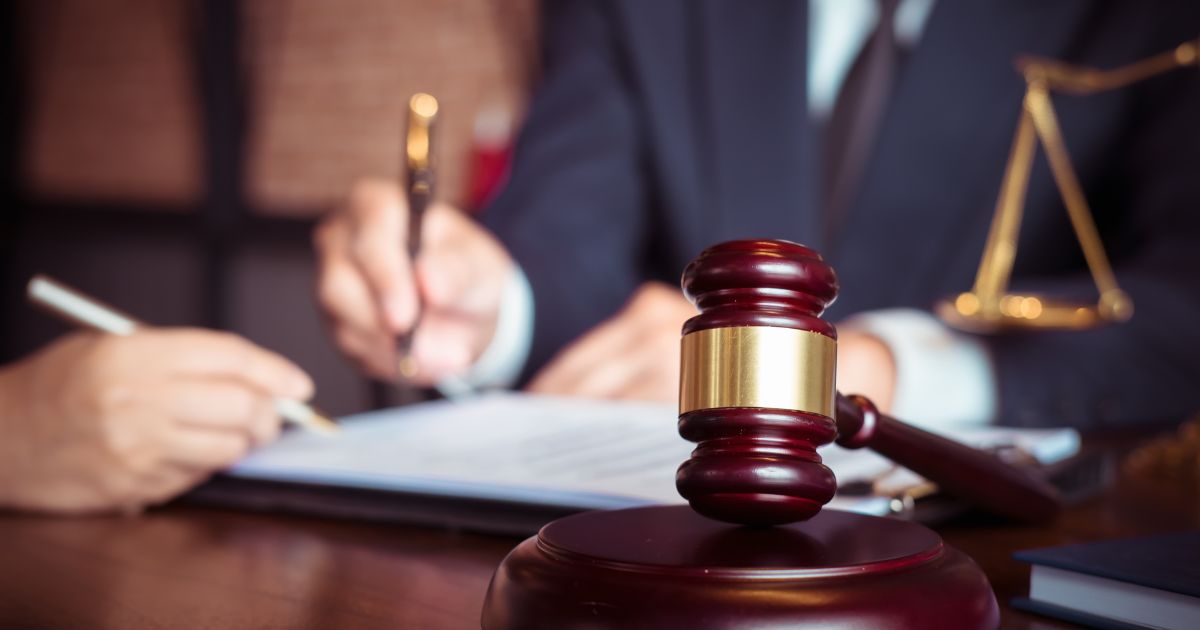Wilmoth Law Blog
How Can a Lawyer Help Me with Bankruptcy?

Facing financial difficulties can be overwhelming. Bankruptcy offers certain protections and might be the best solution. Bankruptcy law involves numerous regulations and procedures that require detailed attention, though, so it is best to work with an experienced bankruptcy lawyer.
What Is Bankruptcy?
Bankruptcy is a legal process that helps individuals and businesses eliminate or repay their debts under the protection of the federal bankruptcy court. There are different types of bankruptcy chapters, with Chapter 7 and Chapter 13 being the most common for individuals.
Chapter 7 involves liquidation of non-exempt assets to pay creditors, while Chapter 13 allows debtors to create a repayment plan. Each option has specific requirements and consequences that a qualified attorney can explain based on your unique situation.
Why Do I Need a Lawyer for Bankruptcy?
While it is possible to file for bankruptcy without legal representation, working with an attorney who understands bankruptcy law is highly recommended. The filing process contains multiple steps, detailed paperwork, and strict deadlines. Mistakes in your petition could result in dismissal of your case or denial of debt discharge. A bankruptcy lawyer will guide you through each step, helping you avoid common pitfalls that could jeopardize your financial future.
How Does a Bankruptcy Lawyer Assess My Financial Situation?
During your initial consultation, a bankruptcy attorney will review your complete financial picture. This includes analyzing your income, expenses, assets, and debts. They will explain which debts can be discharged and which cannot.
Based on this assessment, your attorney will recommend the most appropriate bankruptcy chapter for your circumstances and explain the implications of each option. This personalized evaluation is fundamental to making informed decisions about your financial recovery.
What Specific Services Does a Bankruptcy Lawyer Provide?
A bankruptcy lawyer offers comprehensive services throughout your case:
- Pre-bankruptcy planning to protect your assets.
- Determining which bankruptcy chapter is most beneficial for you.
- Completing and filing all required documentation.
- Representing you at the meeting of creditors.
- Addressing any objections from creditors or the trustee.
- Advising you on reaffirmation agreements for secured debts.
- Helping you complete mandatory credit counseling and financial management courses.
- Working toward successful discharge of eligible debts.
Each of these services requires detailed knowledge of bankruptcy law and procedural requirements that an experienced attorney possesses.
Can a Lawyer Help Protect My Assets During Bankruptcy?
Although bankruptcy provides debt relief, it does not necessarily mean losing all your possessions. Bankruptcy exemptions allow you to keep certain assets, but those vary by state and bankruptcy chapter. A knowledgeable attorney will identify which exemptions apply to your case and strategize to maximize asset protection. With proper legal guidance, you may be able to keep your home, vehicle, retirement accounts, and personal possessions while still receiving debt relief.
How Does a Lawyer Handle Creditor Communications?
Once you retain a bankruptcy attorney, they become your legal representative in all matters related to your case. This means creditors must direct their communications to your attorney rather than contacting you directly. This protection provides immediate relief from collection calls, letters, and other harassment. Your attorney will handle all interactions with creditors, the bankruptcy trustee, and the court, allowing you to focus on rebuilding your financial life.
What Happens After My Bankruptcy Is Filed?
Filing bankruptcy triggers an “automatic stay,” which immediately stops most collection activities. Your attorney will guide you through the post-filing requirements, including attending the mandatory meeting of creditors. They will address any issues that arise during this period and work to achieve a discharge of your eligible debts. Following discharge, your lawyer can advise you on steps to rebuild your credit and maintain financial stability going forward.
Need Help With Bankruptcy? Contact a Carroll County Bankruptcy Lawyer at Wilmoth Law Firm
A Carroll County bankruptcy lawyer at Wilmoth Law Firm can explain your options and protect your rights and interests throughout the bankruptcy proceedings. For a free, confidential consultation, call us at 479-443-8080 or submit our online form. Located in Fayetteville, Arkansas, we serve clients in the surrounding areas.
